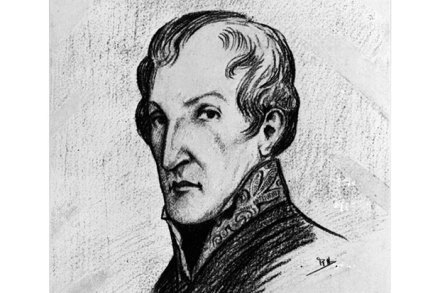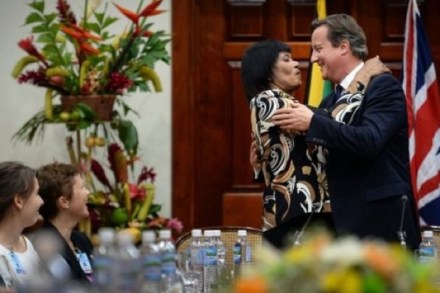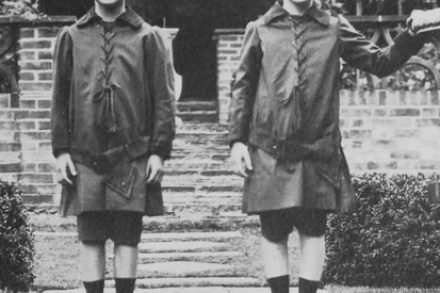A hellish paradise
‘Short of writing a thesis in many volumes,’ Patrick Leigh Fermor wrote in his preface to The Traveller’s Tree, ‘only a haphazard, almost a picaresque, approach can suggest the peculiar mood and tempo of the Caribbean and the turbulent past from which they spring.’ Island People, Joshua Jelly-Schapiro’s first book, is an academic picaresque. This unlikely hybrid might be the ideal vehicle for a trip around the ‘American lake’; the Caribbean’s cultures and peoples are also hybrids, legacies of unlikely crossings. The masters, slaves, indentured labourers and merchant middlemen of the Caribbean were the first truly modern societies, drawn and dragged to a hellish paradise solely to serve a global


















